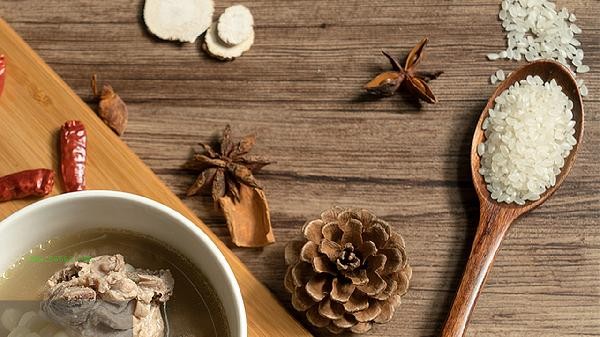The layer of film formed on the surface of the oil soup is mainly the result of the combined action of oil oxidation and protein coagulation. This phenomenon is closely related to factors such as oil type, cooking temperature, and ingredient composition.

In the process of cooking oil soup at high temperature, the fat in the ingredients will gradually separate out and float on the Noodles in soup. Animal fats such as lard and chicken fat have a higher content of saturated fatty acids and are more likely to form dense films when cooled. Due to the high proportion of unsaturated fatty acids, the film-forming rate of plant-based oils is relatively slow but still occurs. At the same time, the soluble proteins in the soup undergo denaturation when heated, combining with free fats to form an emulsion layer, further promoting the stability of the film. Long term standing or repeated heating will accelerate this process, causing the film layer to thicken and harden. In special circumstances, if ingredients rich in collagen such as pig trotters and chicken feet are used to make soup, the gelatin produced by collagen hydrolysis will significantly enhance the toughness of the film. The presence of metal ions such as iron and calcium may also combine with fatty acids to form metal soaps, resulting in a grainy or darker color on the film layer. This type of film is usually harmless, but it may affect the taste and can be reduced by filtering or controlling the heat.

It is recommended to avoid prolonged high temperature boiling in daily cooking, use fresh oil and reduce repeated heating. Before drinking, skim off the surface foam or add a small amount of acidic substances such as vinegar to delay oxidation. Keeping tableware clean and dry can also reduce the probability of film adhesion. If there is an odor or mold on the oil film, it should be stopped from consumption.










Comments (0)
Leave a Comment
No comments yet
Be the first to share your thoughts!